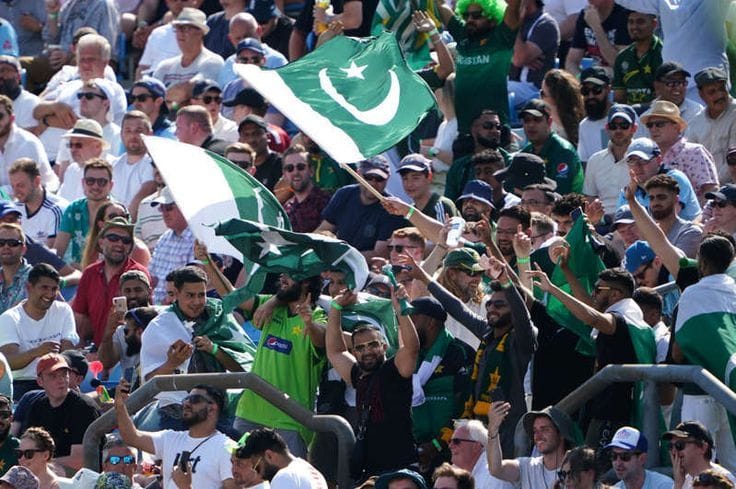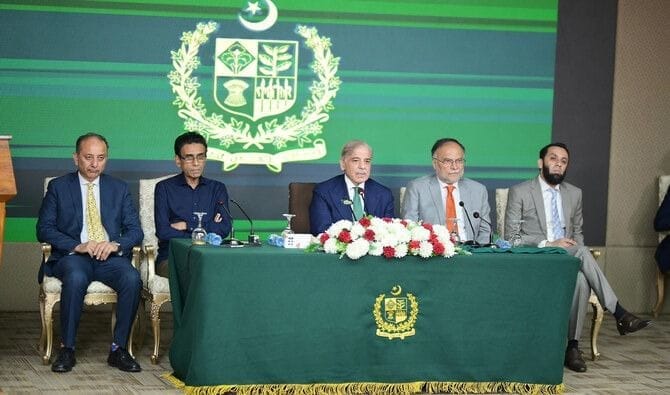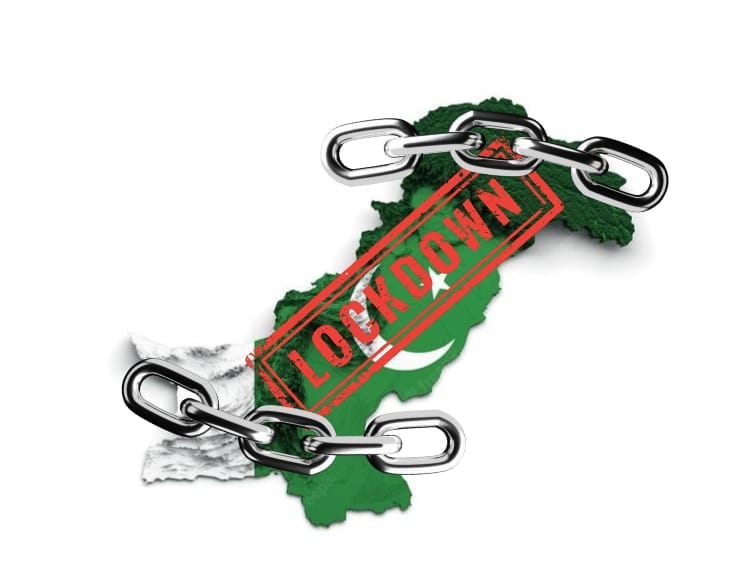Pakistan Imposes Lockdown: A Call for Rising Crisis
For the next step it has taken the light of imposing a nationwide lockdown as the country grapples with a growing crisis that has made everyone in this country have a sleepless night. Locking down major cities and provinces was a contentious decision that had to be done controlling a looming public health threat and mounting political and economic challenges. In fact, it is a sensitive moment in the road for the country to take in an array of issues that, in the past, sparked debates and unrest among different sectors of society.
THE CONTEXT Why the Lockdown?
Lockdown has been imposed in Pakistan, mainly because of multiple crises that gained momentum over the last couple of weeks. The key trigger has been the renewed cases of COVID-19. Vaccination campaigns and social distancing seemed to be pushing the country back from the first wave of the pandemic, but a new variant has swept over the country, which is highly contagious. This is terrorizing the country with a series of infections that are overloading the hospitals and almost breaking the medical personnel to their seams, applying extreme pressure on the healthcare system.
Though it doesn’t take much time for the health sector to face difficulty, the nation is under an economic recession with heavy inflation rates, surge in fuel prices, and a sea of unemployment. Mounting pressure from the International Monetary Fund on the government to bring in some structural reforms to stabilise the economy, which is taking a bashing from fluctuations in the world market and a weakening rupee, has convinced even the present administration of the ‘necessity’ of lockdown to deal not just with the health crisis but to avert more chaos in the unstable atmosphere which is currently exacerbated by both political and economic concerns.

Implementation: Main Actions and Affected Regions
Lock-downs were a wave in the areas that were most devastated. Karachi, Lahore, Islamabad, and Peshawar and other big cities were badly hit with movement restrictions that were severe, with the complete shutdown of all non-essential business activities and other choked transportation networks. The central government is very closely straining with the province to honor the rules. Security forces have been deployed to enforce the measures.
Schools, colleges and universities have been closed with a trend towards online education although this has come with many challenges in relation to accessibility for rural children. Public congregation, religious and political rallies have been prohibited and movement to and from the zones of concern is restricted.
The government has also undertaken relief packages for poor families and small businesses who have been adversely affected due to this lockdown. Daily wage earners will be provided special funds, and those businesses that incurred loss over these days will be exempted from taxes.
Public Reaction: A Divided Nation
Lockdowns expect mixed reactions from various sections of society. These many infections have led to welcoming many citizens as the only step needed for public security. Doctors, health workers, and other vulnerable groups also asked the government to take such a leading step at the moment when infections go up. The death toll of people that COVID-19 caused during tsunamis made them feel that this lockdown would save many lives and give time to stabilize health care.
It also met fierce resistance from business lobbies and political opponents. Small and medium enterprises, bruised a little by the past couple of years of dislocation owing to the pandemic, are now justly terrified that this lockdown will consign them to bankruptcy. Labor unions and informal workers have complained that relief measures doled out by the present government is not sufficient and they would be left bearing the economic brunt.
Lockdown has been sharply criticized by opposition, who termed it ‘a governmental mishandling of the crisis.’ The situation today is increasingly used to suppress dissent.
In some cities, people have taken to the roads, defying lockdown orders calling for more open governance and much sterner economic relief measures.
Challenges Ahead: Balancing Health and Economy
Therefore, the huge dilemma that Pakistan’s leadership faces is one of balancing short-term health needs with long-term economic costs. The lockdown will perhaps retard the spread of the virus, but it’s going to be a critical hit to the crumbling economy of Pakistan. Experts predict that the lockdown would further contract and shrink important industries-the tourism, retail, and manufacturing sectors-which happen to be employment and growth sectors.
Not only is it relatively inexpensive, but lockdown’s deep social impact threatens to stay on. Pakistan boasts one of the largest informal economies in the world. Millions have to work for something daily to just get by. This means many families could be pushed further into poverty; hence, affecting food security and thereby social unrest. In this regard, relief packages need to reach the affected sectors promptly and adequately. It should also be fast and in adequate quantity to such various businesses that government support derives to.
Public compliance will largely depend because it is the people who have to decide most whether lockdowns would work. Although security forces will be on the front lines enforcing this measure, for the government it will be of paramount importance to have very clear communication, transparent, and good health delivery so that such measures are not chased away from the populace in times like these. Lockdown would rather be a political tool than a public health measure; thereby lighting the flames of dissent.
The coming weeks are going to be very crucial for Pakistan. Effective management of lockdown, best safety measures for its citizens, and the way it responds to its economic and political problems are all likely to determine its stability in the near future. Though the immediate health issues may find some respite temporarily through the lockdown, long-term answers would have to be investments in the country’s healthcare system and further strengthening of policies in its economy, along with efforts toward reducing the underlying political tensions raging in the nation.
Pakistan is at war, fighting its way through this pandemic. The decision made today will alter its tomorrow. Much would remain ambiguous in this future road ahead, but this nation, like every furnace, stands steady as it did, and the past will be crystal.


